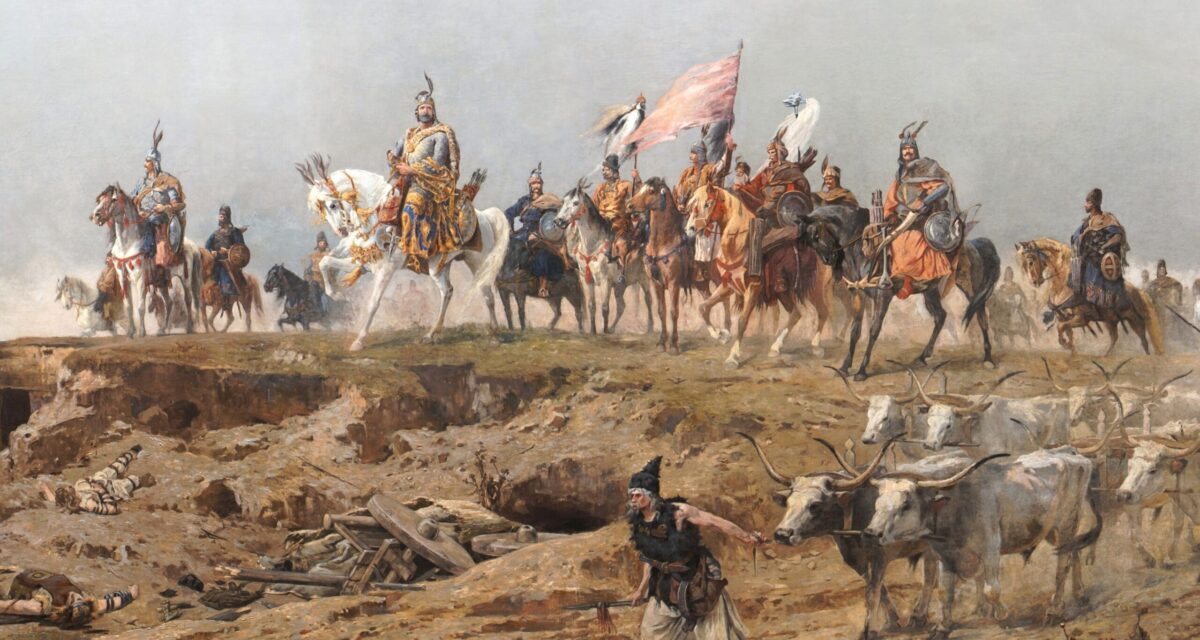The conquest of the country is no longer a "catastrophic story caused by a catastrophic defeat", and the adventures are no longer "cheerful raids", so the description of these, among other things, will be changed in the renewed history textbooks - it was said at the press conference of the Hungarian Research Institute.
The new National Core Curriculum has been completed, but the process has not yet been fully completed, so the Hungarian Research Institute has submitted its accreditation request for teacher training, Miklós Kásler, director general and honorary president of the institute, said at a press conference in Budapest on Tuesday.
He said that since the institute contributed to the compilation of the teaching materials, they submitted their accreditation request in the case of Hungarian grammar, literature and history.
If the teacher did not learn what was included in the curriculum at university, there are obvious gaps
- noted the director general.
Miklós Kásler said about the subject of Hungarian literature that they really "didn't fit items" from the curriculum, but added everything that is extremely valuable in Hungarian literature.
The value of education is to "convey what is human and what the European cultural circle was created from," he said.
Péter Pomozi, the director of the Hungarian Language History Research Center of the Institute of Hungarian Studies, stated that the new basic and framework curricula are "a reform consisting of coherent and complementary system elements".
The new basic curriculum differs radically from those used in the last seventy years in that it considers the Hungarian linguistic and cultural continuity of the Carpathian Basin as a foundation and a basic value, he said.
In the relevant textbooks, in addition to the expanded dialect and language history section, the presentation of the Proto-Hungarian period is also new
he announced.
György Szabados, director of the Gyula László Research Center and Archives of the Hungarian Research Institute, said about the renewed series of history textbooks:
the conquest is no longer a "catastrophe story caused by the Beseny defeat", but a long, conscious settlement process, the beginning of which can be dated to the middle and end of the 9th century. Furthermore, as he said, the concept of adventures had to be restored.
, "Adventures" is a common, but wrong name for the Hungarian Grand Duchy's offensive campaigns in the state interest , and then continued: these were "not casual raids", but conscious, organized and fraught with many dangers, mostly successful operations.
He said, they also emphasized that Saint István created the Western-inspired state, many of whose innovations are still alive today and are legally binding. He mentioned territorial-based public administration and codified legislation as examples.
MTI












